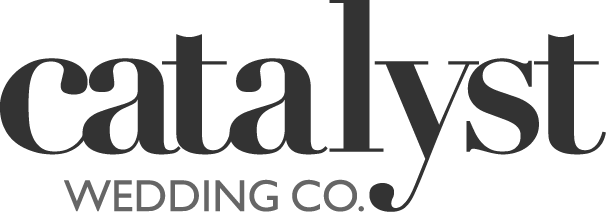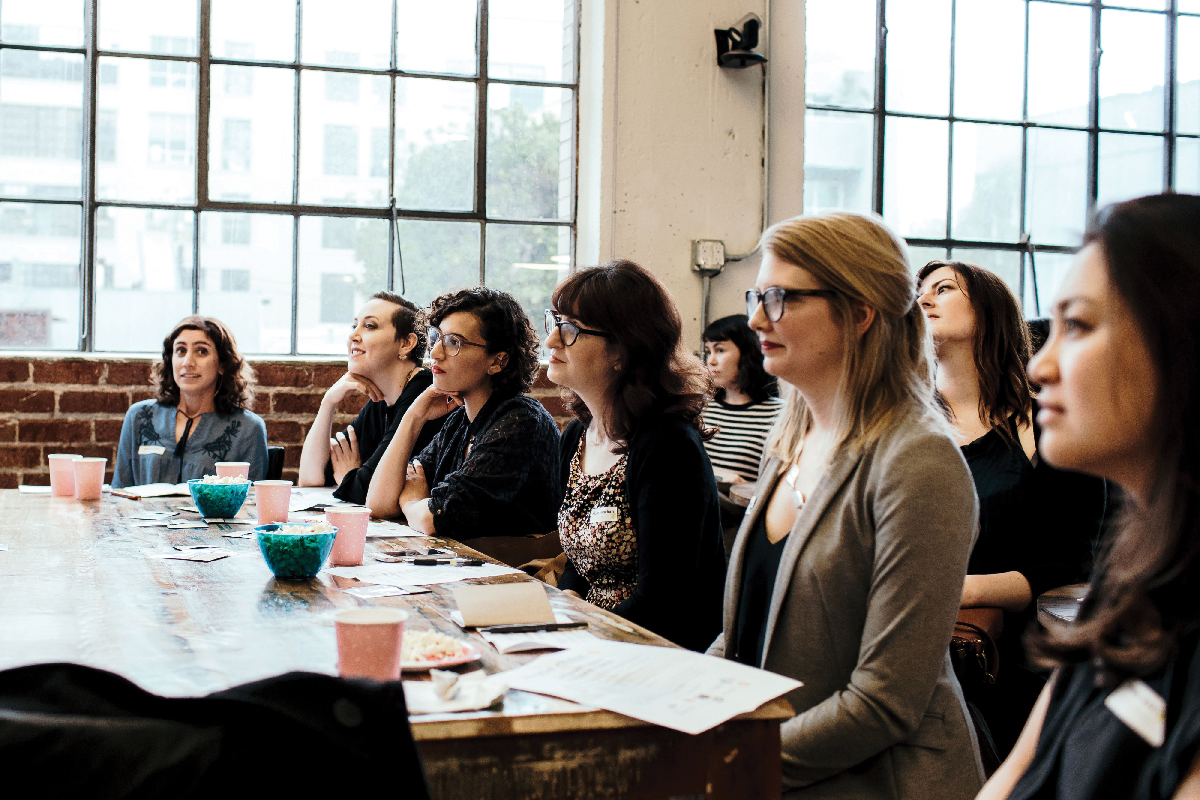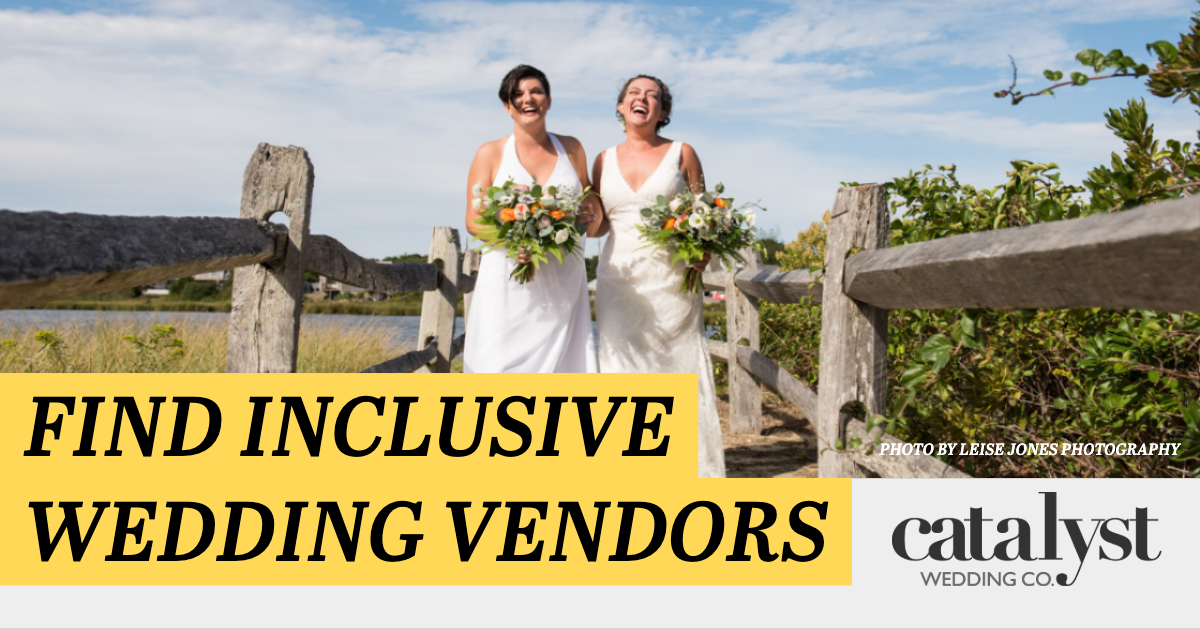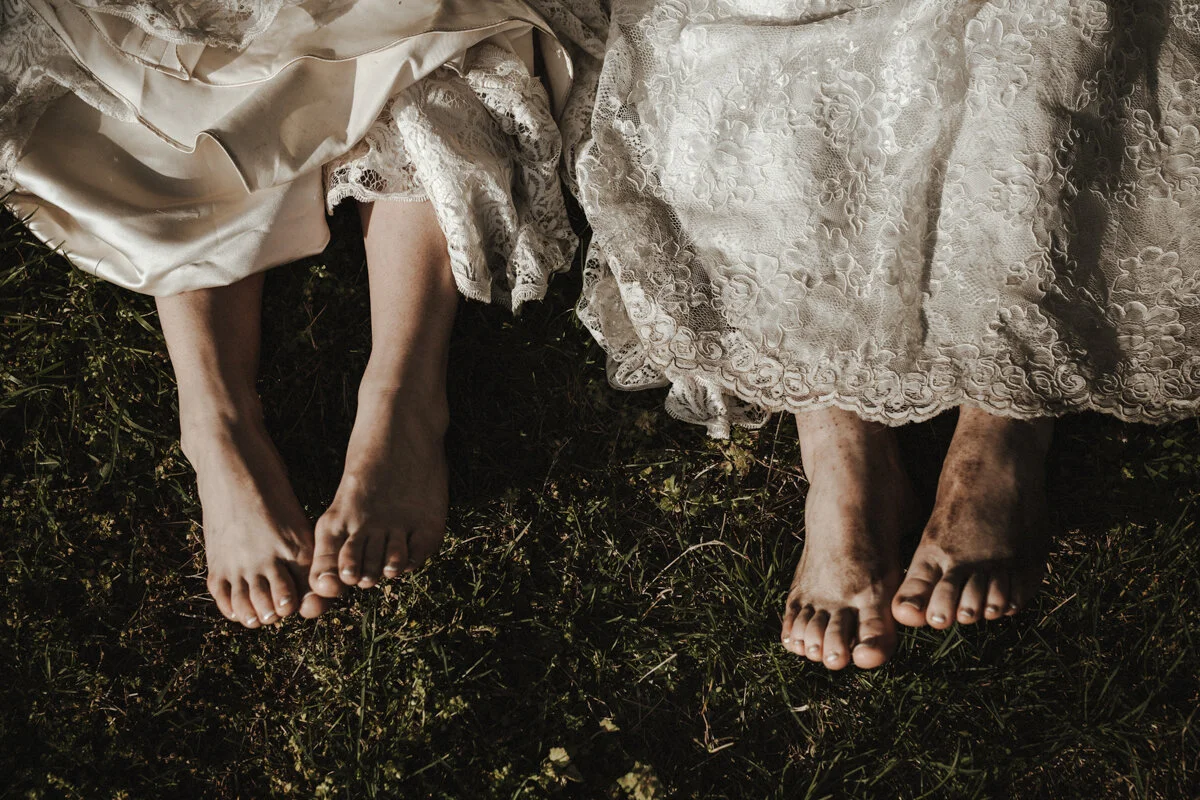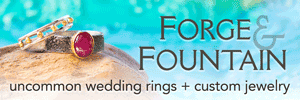Tulle + Fury // Diversity is Too Often a Tokenizing Buzzword, Especially at Conferences
/I’m not going to lie, I love conferences. The networking, the speakers, the development, and an awesome trip? Count me in! But the more I started to research conferences for the next year, the more frustrated I grew. Why the hell did everyone look alike?!
I’m fascinated by influencer conferences that can’t seem to find black, brown, queer, differently-abled, or female voices for panels. I’m even more fascinated how if you’re any combination of these identities, it’s even harder to find representation at major events. But is it really so hard? Essence Festival has no problem filling up the Superdome with black women speaking, entertaining, and performing. Hispanicize has thousands turn out every year. Blogalicious is full to the brim with diverse panelists and attendees. So why do major conferences with much more money struggle to find these voices?
It can’t be because those voices aren’t there. I just told you about whole conferences with those speakers. So it must be because they aren’t looking. Which brings us to the main point.
I’m fascinated by influencer conferences that can’t seem to find black, brown, queer, differently-abled, or female voices for panels.
For many, diversity is a buzzword. It’s what you yell out when you have that one female panelist in a conference dominated by men. It’s what you say before patting yourself on the back for including one person of color on your board. It’s something you can use for political or personal gain when it’s time for the photo op. But too often it’s left right there at that singular event. If there’s no action behind it, it’s useless. It comforts people to see the word, but they need to see the work.
I used conferences as an example, but the same rule applies to the wedding industry. Who’s on the cover of most wedding magazines? What kind of bodies and aesthetics are featured most in bridal fashion? What skin tones and hair types are the default for wedding tutorials? What kinds of relationships are assumed for engaged couples? I’m coming up on a year since my business officially launched. I know there’s so much more work I need to do, so many more voices and stories I need to elevate, so much more I can offer. But it never fails to fascinate me that there are vendors perfectly content with not reaching “others.” Newsflash: plus size women get married. Transpeople get married. Black people get married. Differently-abled people get married. Gay people get married. There’s a huge spectrum of love and lovers that this industry actively chooses to ignore. We can pretend that we don’t, but when the same people I mentioned above speak repeatedly about how they don’t see themselves in our industry, the work is on us.
I know exactly what’s coming. “Jordan, I’m not a _______.” Don’t even finish that sentence. Pointing to the one client different than the majority of your client base is a defense mechanism. It’s like pointing to your black friend when someone tells you that joke you made was racist. It’s exactly the same thing. We all (myself included) have got to do better. Diversity, inclusion, engagement: these words can’t just be words—they need to be actions, too. Those love stories are just as precious, just as beautiful, just as meaningful. Our job is to showcase that. We can convince ourselves that we’re merely photographers or planners or bakers or DJs, but we’re much more than that. Our work celebrates the most rare and beautiful thing on this planet: love. If we can’t fight for it in all its forms then what’s the point?
JORDAN MANEY
Jordan A. Maney is a San Antonio-based wedding planner and owner of All The Days Event Co. She she started her company as a planning haven for all the couples the industry chooses to ignore. Instead of just making a brand, she's building a community. Find more of her sass, humor, and Southern hospitality at allthedaysweddings.com.
